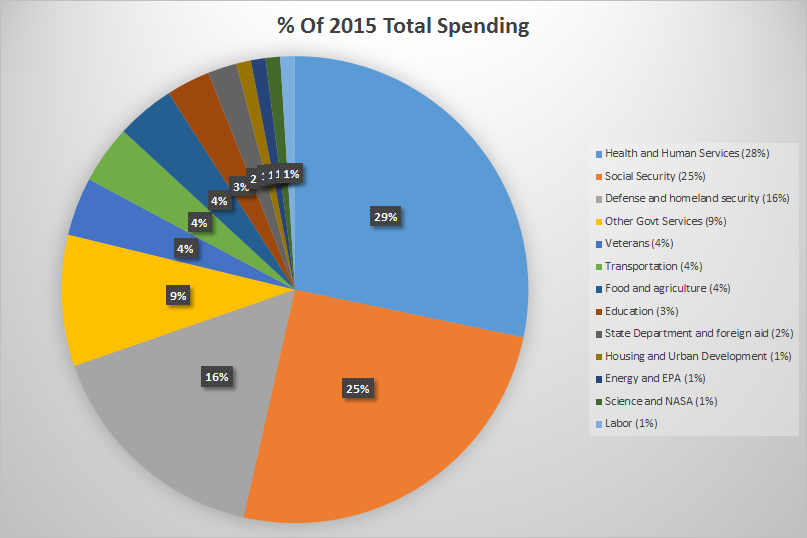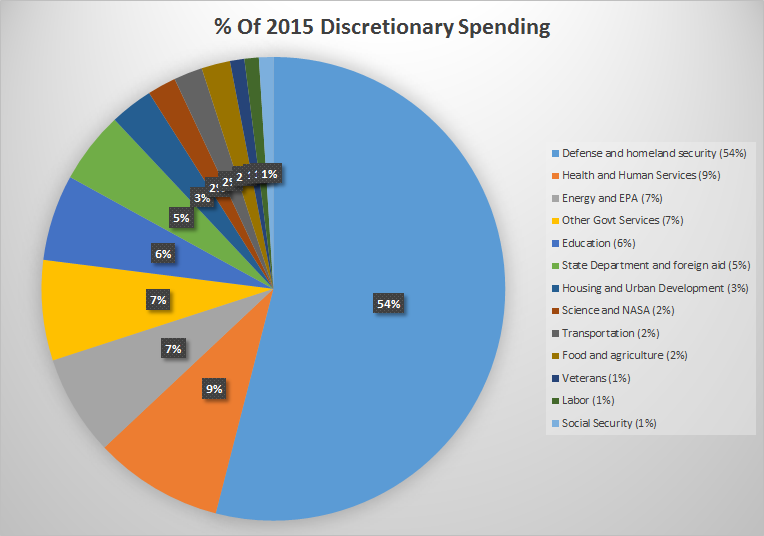I read an article on BBC News last night that asked a question I’ve often wondered why people ask: Why do some people find the burkini offensive? I remember news stories in the 1980’s and 1990’s about the scandalous thong bikinis showing up on beaches near you with all the near-nakedness and permanent mental scarring. Communities banned these strings with a few patches of cloth amid debate about the offense such attire engendered. Cannot say I was personally offended by any near-nakedness … but I understand that there is a social convention that failing to sufficiently cover oneself is undesirable. Rarely is the convention reversed — apart from compulsory nude beaches, and to me that’s more of a “you are not wearing the proper uniform” than “ack, CLOTHING!” thing.
Ostensibly, the offense some people seem to find in a “burkini” — which is about as far away from a thong bikini as one can get – is perplexing. When I was in Egypt, people at the beach in Alexandria had everything from thongs to long sleeved shirts, long slacks, and hijabs. Not wanting to embarrass my host, I wore fairly modest surfing apparel – a long sleeved rash-guard and neoprene leggings. It’s comfortable. You don’t have to worry about reapplying sunscreen all over your person. You don’t get sand in places you would much rather not have sand.
The whole “offense” discussion is a red herring. I doubt anyone is actually being offended by not seeing enough skin at the beach. Otherwise surfers out in SoCal would have been harangued to stop wearing exactly what I purchased to swim in Egypt. The real offense, such as it is, is that (1) someone is displaying anything that identifies them as Muslim and (2) people do not want to admit their own prejudices. Like don’t-ask-don’t-tell, they’d be comfortable with a Muslim at their beach as long as they couldn’t identify the person as such.
Now the legal justification is secularism … which is at least reasonable sounding. The potential disproof of that notion reminds me of the short-lived school prayer initiative in my senior year at High School. Instead of the legal battles that went on in other districts, I simply asked the Superintendent how many subversive teenagers he thought I could find to sign up to read prayers from non-traditional religions – and, sure, you could get a bunch of kids to read Christian prayers … but it’s a sign-up to read one thing, and we’ll get in queue too. How long will parents support having their kids exposed to Pagan, Wiccan, Satanic … there sure are a lot of religions out there to which people take offense, and as soon as you tell me *my* religion cannot have a prayer read but yours can, we’re out of the murky free speech realm and into clear separation of Church and State territory. We had exactly zero prayers read in our morning announcements. I would love to see a line of beachwear reproducing the stations of the cross, Star of David prints, Buddha prints. Oh, a different outfit for each of the Hindu Gods. How many people wearing those would get fined? And how many people would support the ban after people start getting fined for their religious iconry.

